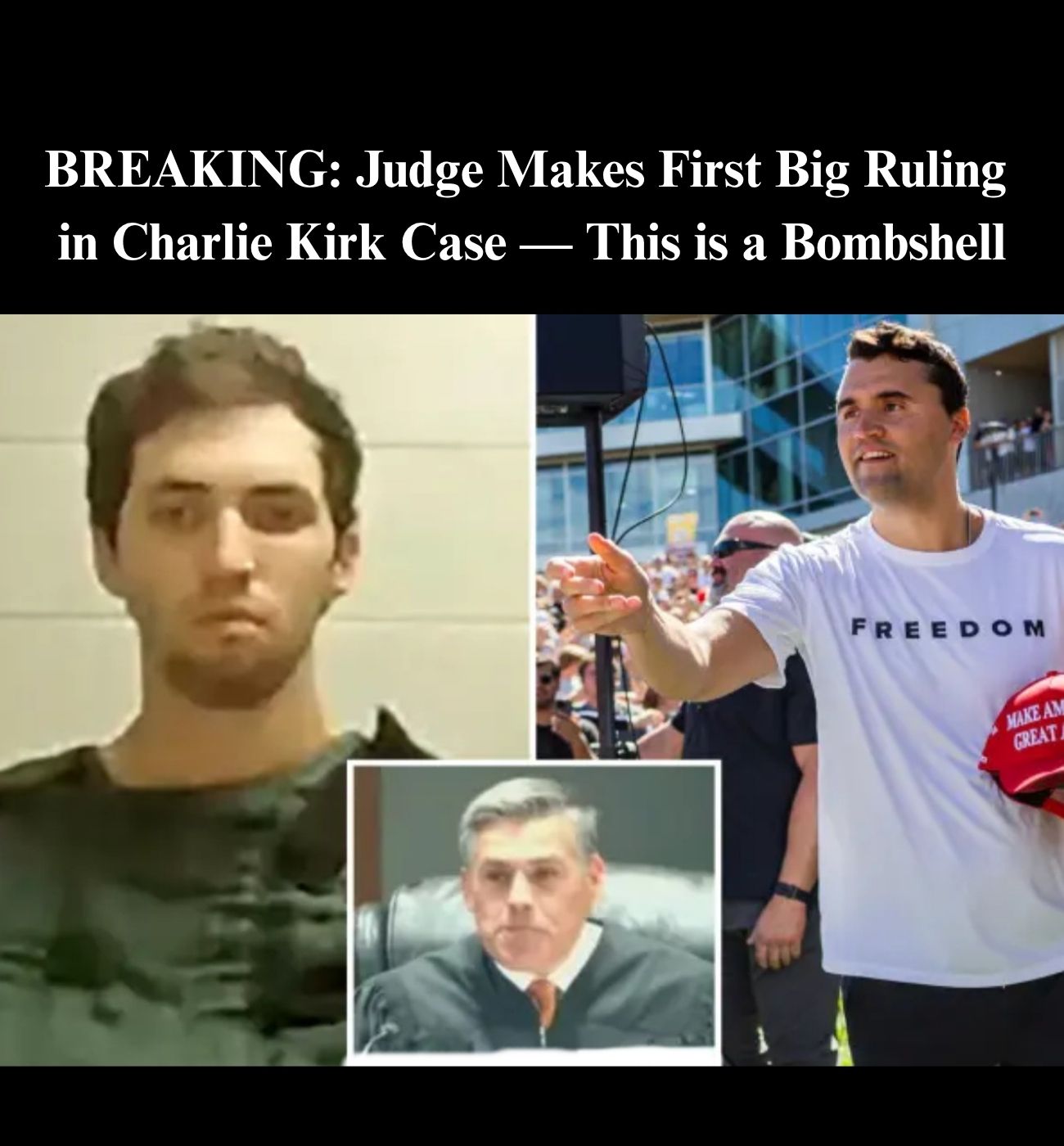Fourth District Court Judge Tony Graf has granted a motion allowing Tyler Robinson to wear civilian clothing during court appearances as his trial moves forward.
Robinson is accused of assassinating conservative activist Charlie Kirk, the 31-year-old co-founder of Turning Point USA, last month.
Graf ruled that the defendant “shall be dressed as one who is presumed innocent” during pretrial hearings. However, he denied Robinson’s request to appear without restraints, citing security concerns.
The judge also prohibited media outlets from photographing or filming Robinson’s restraints, as well as from capturing images of the 22-year-old entering or exiting the courtroom, Newsweek reported.
Kirk was fatally shot on September 10 at Utah Valley University while participating in a debate with students. A prominent figure in conservative politics, he was widely recognized for his efforts to engage young voters and was a close ally of former President Donald Trump.
Robinson faces multiple charges in connection with Kirk’s killing, including aggravated murder. Prosecutors have indicated they intend to pursue the death penalty in the case.
“This is a high-profile case with strong public interest,” Graf said during the hearing, per Newsweek.
Robinson participated in the hearing remotely and did not appear on camera, but confirmed to the judge that he could hear the proceedings. Last week, prosecutors and defense attorneys met in a closed-door session to address several issues, including the defense’s request for Robinson to appear in civilian clothing and without restraints.
Defense attorneys argued that repeatedly showing Robinson in jail attire could create bias among the public and potential jurors. Prosecutors opposed the motion, citing security concerns and the need for clear identification of the defendant during court proceedings.
“Balancing these factors, the court finds that Mr. Robinson’s right to the presumption of innocence outweighs the minimal inconvenience of permitting civilian attire,” Graf said.
The judge further acknowledged that Robinson has no prior criminal record and has not exhibited any misconduct while in custody. However, he emphasized that the charges against Robinson are “extraordinarily serious,” carrying potential penalties of life imprisonment or the death penalty.
“The emotional nature of these proceedings also raise the risk of disruption,” Graf said. “The case has attracted extraordinary public and media attention. Images of Mr. Robinson in jail clothing are likely to circulate widely and influence prospective jurors. Given the scale of that publicity, the risk of prejudice is significant.”
Graf stated that both the defense and prosecution require additional time to complete the discovery process and file motions. The motions will address whether non-evidentiary hearings should continue to be held remotely and whether the court should impose restrictions on camera access during future proceedings, Newsweek reported.
During a briefing last month, FBI Director Kash Patel said the bureau was still following leads in the case.
“We are running out absolutely every single lead, and the best thing we can do to honor my friend Charlie Kirk’s life is to make sure that everyone involved is prosecuted to the full extent of the law, and that’s what we are focused on: investigating the facts, not trading in conspiracy theories,” he said.
Robinson’s next court date is Jan. 16, Newsweek reported.
A well-known defense attorney in Utah says that the timeline of events could be a major weakness in the prosecution’s case against Robinson.
Skye Lazaro of the Salt Lake City firm Ray Quinney & Nebeker told Fox News, “There is just so much we don’t know yet as this case develops.”
The defense team also doesn’t know much at this point, however. The discovery process only started a few weeks ago.
Robinson’s lawyers have already pushed back his waiver hearing by a month. Lazaro predicted that the defense is likely to delay the discovery process for up to a year before the case goes to a preliminary hearing.
